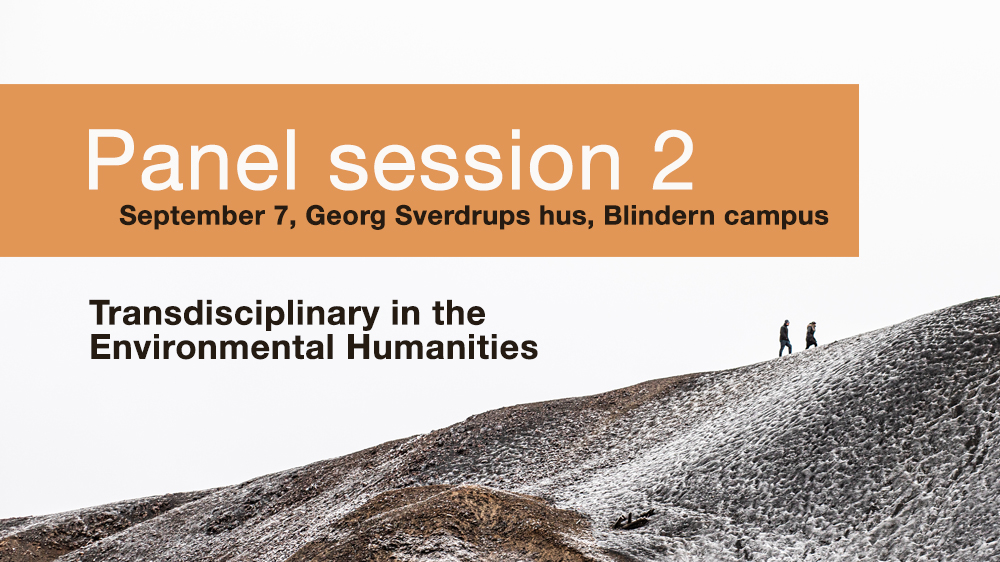Abstract
For a long time, marine environments were considered outside of the scope of the humanities. However, humans and the sea have always been connected through complex interactions. For thousands of years, people have used the sea and its inhabitants as “resources”, as a means of travel, as a source of inspiration, and sometimes as a site of violence or forgetting. The sea has always been dangerous and alluring and created fascinating stories across cultural contexts. Human activities have also had a drastic influence on marine environments: human-induced climate change affects ocean temperatures and acidity, overfishing is destroying biodiversity, and bottom trawling has traumatized almost all reachable seafloor. As the Anthropocene has become a well-established idea in land-based scholarship, marine scientists from both natural and social sciences have increasingly begun to explore the impact of anthropogenic changes on the oceans. Both Blue humanities and Critical Ocean studies have emerged to examine sea and wet ontologies, ocean governance as well as social and posthumanist bodies of water. Developing new approaches, this scholarship urges a change in perspective - instead of looking at the sea as merely an element rich in resources, we need to understand it as valuable in and of itself, as a precious environment and as the home for tens of thousands of non-human species. The “oceanic turn” encourages us to face the ocean, its people, its non-humans, and their needs and ways of life. This panel brings together junior researchers working in different parts of the globe (Japan, the North Atlantic, the Arctic) and on diverse maritime issues (biodiversity loss, coastal development, large-scale interventions, etc.). We aim to discuss new interactions and underappreciated entanglements between humans and non-human inhabitants of the ocean. The application of more-than-human care ethics in the marine environment will be the focus of the panel.
The panel will be chaired by Dmitrijs Porsnovs, and is part of the symposium on “Transdisciplinary in the Environmental Humanities”.
Papers
- Dmitrijs Porsnovs: The Greenhouse Centre of Environmental Humanities, University of Stavanger, “Ethical and Environmental Implications of Waste Artificial Reefs off the Atlantic Coast of US”
- Sadie Hale: SEATIMES project, Department of Social Anthropology, University of Bergen, “TThe sounded whale: Aural encounters in the Northeast Atlantic”
- Marius Palz: Whales of Power, University of Oslo, “Searching for Zan: Human-Dugong relations and Environmental Activism in Okinawa”
- Sonja Åman: Whales of Power, University of Oslo, “Governing the People of the Whale: Politics of Indigenous Whaling”
About the Symposium
As the Norwegian Researcher School in Environmental Humanities (NoRS-EH) starts its 5th year, the Oslo School of Environmental Humanities (OSEH) is organizing a symposium on “Transdisciplinary in the Environmental Humanities” on 6 and 7 September 2023 to highlight and celebrate the innovative environmental humanities research happening in Norway and neighboring Scandinavian countries, especially by early career researchers. Read more about the programme for the symposium here.
